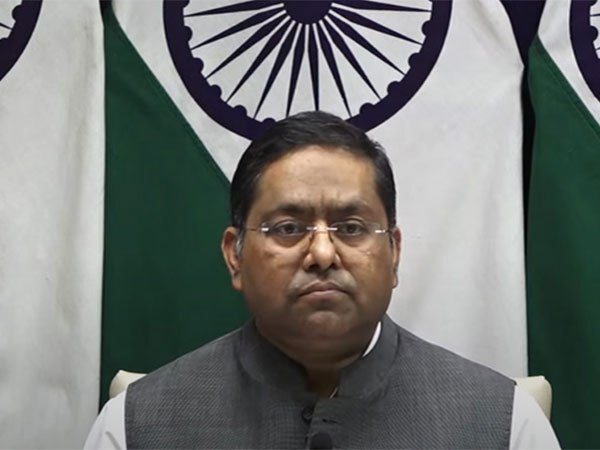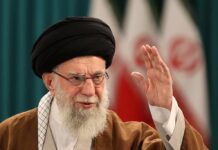New Delhi, May 30: The Indian government on Thursday said it has noted that “an objective view based on reality is emerging in Pakistan”, in response to former Pakistan Prime Minister Nawaz Sharif’s statement that Islamabad had “violated” the 1999 Lahore Declaration.
Ministry of External Affairs spokesperson Randhir Jaiswal, answering a question on Sharif’s statement made on Tuesday, said: “You are aware of our position on this issue. I need not reiterate that. We note that an objective view is emerging in Pakistan as well, on this particular matter.”
Speaking in Hindi, he said: “We are seeing that in Pakistan a perspective based on reality is emerging”.
Former Pakistan PM Nawaz Sharif on Tuesday (May 28) said that Islamabad had “violated” an “agreement” signed between him and former PM Atal Bihari Vajpayee in 1999, in a reference to the Lahore Declaration and then Pakistani Gen Pervez Musharraf’s Kargil misadventure.
“On May 28, 1998, Pakistan carried out five nuclear tests. After that Vajpayee Saheb came here and made an agreement with us. But we violated that agreement…it was our fault,” Sharif told a general council meeting of the PML-N at which he was elected president of the ruling party.
Sharif and Vajpayee signed the Declaration on February 21, 1999, after Vajpayee’s historic bus ride to Lahore. But oblivious to them, Pakistani soldiers were in the process of occupying unmanned high-altitude Indian positions in Kargil, Ladakh, which led to the Kargil conflict between the two nations from May to July 1999.
In the Lahore Declaration, India and Pakistan pledged to a peaceful resolution of bilateral disputes, including Kashmir, and fostering friendly commercial and cultural relationships. Both sides also agreed to engage in bilateral consultations regarding their nuclear doctrines, to avoid any nuclear conflict, whether intended or not.








